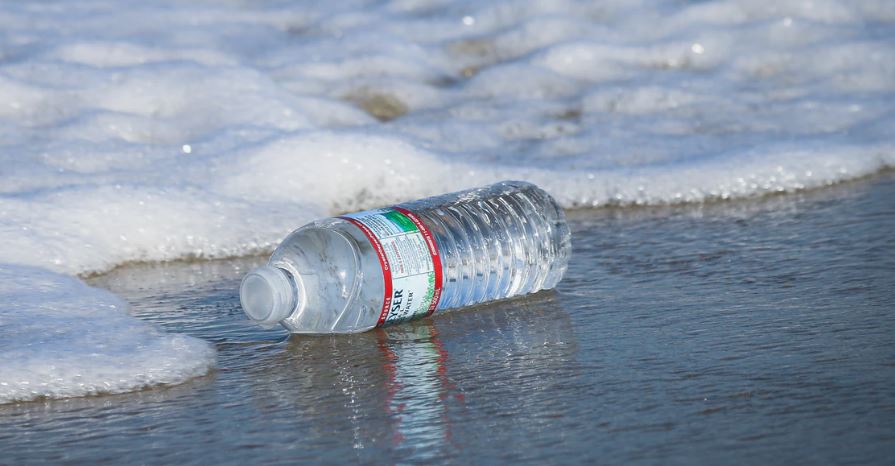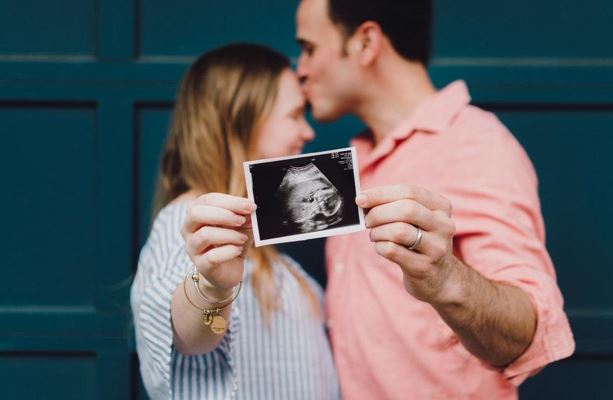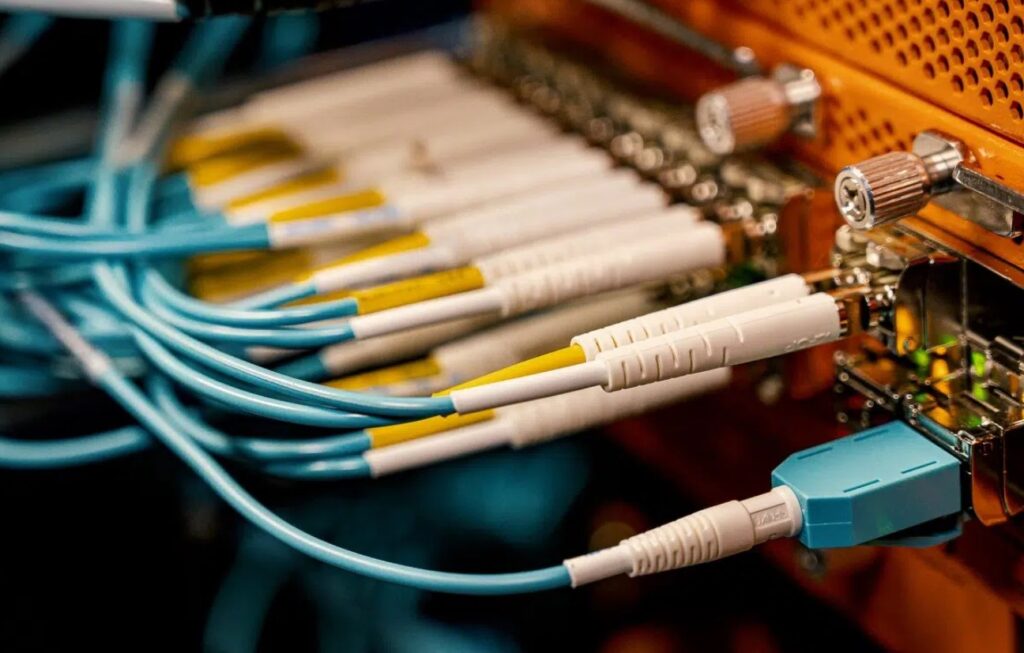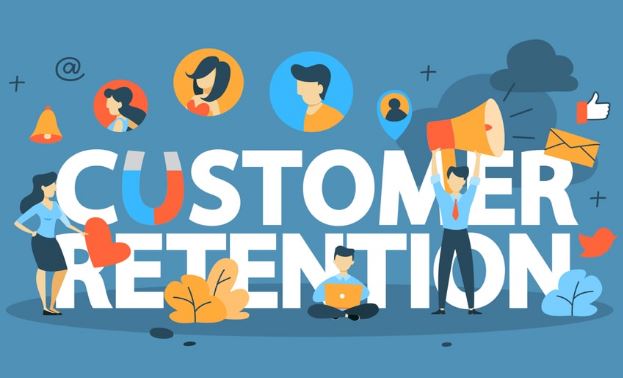People often underestimate or simply brush off the toll that plastic bottles take on our world. The fact is, we are seeing devastating effects across the board as these piles of bottles inevitably pile up and (sort of) break down. A smarter way forward is to use current technology and water filtration, thus drastically reducing plastic water bottle consumption. Fortunately, products like a Berkey filter are already available and working to combat the problem.

Bottled Water is Truly No Better Than Tap Water
People imagine that bottled water is cleaner and purer than the water you drink when you turn on the tap. This is untrue no matter how you slice it. Companies simply pay for the privilege of using water sources in certain municipalities around the country (and world). The water looks so clean in the store because of its sleek and clear packaging. Of course you’d imagine it coming from a crystal clear creek directly into your personal bottle. This is a powerful myth. In fact, the government requires more thorough testing and stringent standards than bottled water manufacturers.
Bottled Water is a Scourge on the Environment
There is no other take on the situation except this. The bottles that citizens chug from are indeed recyclable, but roughly 80% end up in our landfills. Yes, you read that correctly! Some people don’t have access to recycling facilities, while others are just plain lazy.
The toll on nature certainly does not end there, with the physical space that water bottles take up after we drink from them once or twice. Plastic, as we know, is made from a cocktail of chemicals that often have dubious origins. Even if they are made in the most eco-friendly facilities, however, plastic is highly refined and leeches toxic materials as it breaks down. Since each bottle takes 1,000 years to decompose, we are talking about some serious seepage.
Even when these bottles do “break down”, let us remember that they are not biodegradable, which means that they will not happily become a part of Earth’s ecosystem one day and disappear. No, plastic bottles simply break down into smaller, microscopic pieces that find their way into our waterways, our oceans, farmer’s soil, and animals’ digestive systems.
The Bottling Process Hurts Our Existing Water Sources
Again, perhaps you have an idyllic picture of clean bottles being dipped into mountain springs to collect water and deliver it to your city, but that is simply not the case. First of all, water companies don’t take issue with extracting from drought-prone areas, such as California. What happens when you remove water from a place suffering from droughts? You guessed it, more droughts.
Second, a lot of these sources are deep in nature, and they do not have adequate roads to reach the locations suitable for extraction. That doesn’t stop the corporations though. They will simply build roads to reach their desired location. This means extensive logging and destruction of nature even if they are trying to be as unobtrusive as possible. It also means that the water sources for everyday towns and cities are being tapped into and dried out.
This complete disregard for existing habitats wreaks havoc on the ecosystems that are “in the way”. Total extraction of all water will obviously threaten the livelihood of every single living thing in the vicinity. Is that worth it to you for a sip of water that is not any better than what comes out of your tap?
Final Facts To Consider Before You Buy Another Bottle of Water
- Per gallon, bottled water is roughly 3,000 percent costlier than tap water
- Americans purchase 29 billion water bottles annually! Sadly, only 1 in 6 is recycled. Everything else goes to the landfills, which are getting closer and closer to where we live.
- 76 million barrels of oil are required in order to manufacture, transport, store and get rid of all the bottles used annually (in the USA), which is enough fuel to power 4.3 million cars for a year.
- The average US consumer guzzles over 35 gallons – or 270 bottles – of bottled water annually. Do your part to slash this number, because every bottle counts.



